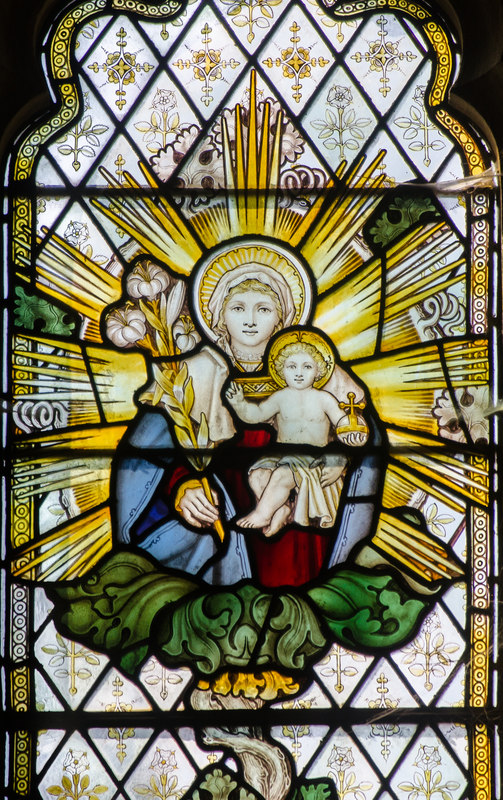I’ve been on holiday for the last week without access to a computer, which is why there have been no posts this week – it’s too difficult to type much on a mobile phone. So here is a briefer commentary than usual on all this week’s hymns. I have been singing them all, as well as attending three very different worship services – communion in a parish church, Cathedral evensong, and harvest festival in a Baptist chapel. In all of them, music has played a key part, whether provided by a robed choir or a couple of guitarists – you can work out which is which.
Sunday 19 September
“Peace on earth to all your people”, a Scottish version of the canticle Gloria in Excelsis. See 12th September for my previous comments on this canticle. The present version departs from the standard text in a few places, such as in verse 2 where it has “receive our song of praise” rather than “receive our prayer”; I’m not sure that’s a sensible change as the original is really a prayer for mercy. And in verse 3, “God in heaven” rather than more specifically “Christ in heaven”.
Monday 20 September
“Creating God, we bring our songs of praise” by Jan Berry and sung to the well known (sometimes over-used) tune ‘Woodlands’. The first verse addressed to the ‘creating God’ celebrates life, work, skill and joy. The second to the ‘forgiving God’ expresses sorrow for our anger, strife and emptiness. The third to the ‘redeeming God’ refers to the ‘fragile hope’ that he will make all things new, which is an honest acknowledgement that it does take a good deal of faith to hold on to that hope. The last verse addressed to the ‘renewing God’ looks to a future of harmony, peace, justice, dignity and pride – all the things that are often lacking in our earthly societies. Overall this is a good summary of what the Christian life is about.
Tuesday 21 September
“For the music of creation” by Shirley Murray. The first verse suggests that music is a sort of metaphor for creation, as it requires creativity in us. God is described as the ‘world’s composer’ and we as the ‘echoes of his voice’. The second verse lists various types of instrument, and different types of music – ‘simple melodies’, ‘hymns of longing and belonging’, ‘carols from a cheerful throat’, lullabies and love-songs. The music we make doesn’t have to be ‘religious’ to please God. The last verse refers to movement in worship – ‘hands that move and dancing feet’ – for the idea still sometimes found in Western churches that we have to stand up straight and immobile when singing in church probably seems weird to many Christians around the world for whom the whole body is used in worship.
Wednesday 22 September
“Earth’s fragile beauties we possess” by Robert Willis. John provided his own alternative tune to this one. The theme is life as pilgrimage. The first verse looks at the ways we should move through this life leaving as little impact as possible on those ‘fragile beauties’. The second looks at ‘earth’s human longings’ in grief, loss, famine, plaque and sword, referring to Christ’s cross as well as the story of Exodus, the archetypal pilgrimage. The last verse reminds us that we possess not only the beauties of earth but God’s own image, any deliberate damage to which was borne by Christ on the cross. This is a hymn for our times as people are realising too late the irreversible damage we have already done to this fragile world.
Thursday 23 September
“We give God thanks for those we knew” by Michael Perry, a hymn about healing and wholeness. It reminds us that Jesus came to bring healing through his love, and still does, but that we too should “dedicate our skills and time” to address the suffering around us.
Friday 24 September
“Maker of all whose word is life” by Elizabeth Cosnett. It’s a wedding hymn, addressing the Trinity: the Father as God of truth and faithfulness, Jesus the Son who knew earthly happiness, and though unmarried himself brought joy to the wedding guests when he turned water into wine, and the Holy Spirit as guide and bringer of steadfastness. The last verse reminds us that we need God’s grace to help us keep our wedding vows.
Sunday 26 September
The final
song in this section, for the weekend of 25th/26th
September, was a setting of “Holy, holy holy Lord” by Geoff Weaver. There’s probably not much to say about this
short and familiar text, but John did
suggest it was an appropriate response to the Old Testament reading about the
dedication of Solomon’s Temple when the shekinah-glory of God filled the place.
